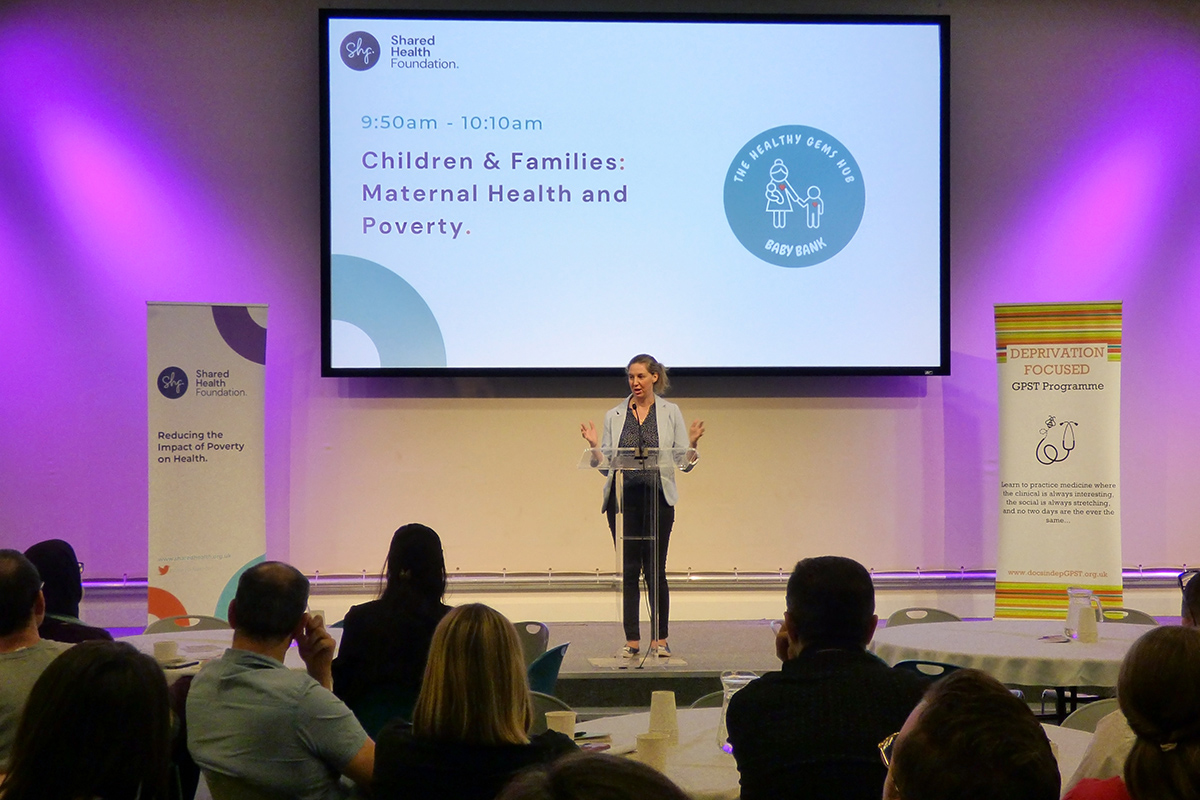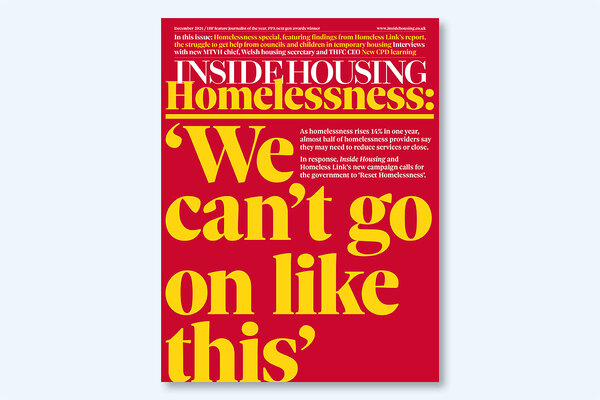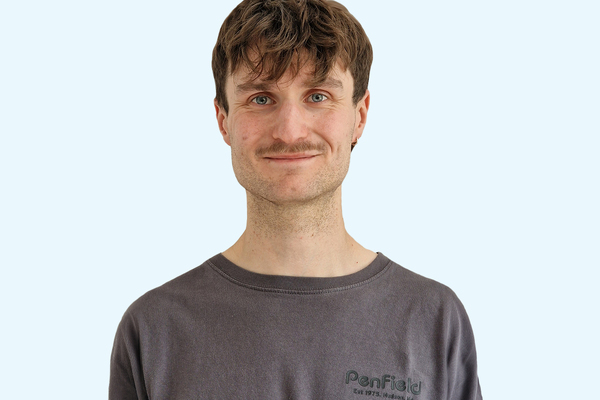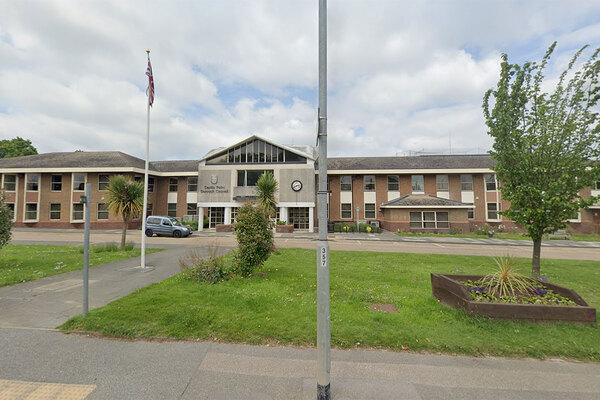You are viewing 1 of your 1 free articles
 Cym D'Souza
Cym D'SouzaInvesting in housing leads to greater health benefits in the long term
More money for the NHS is important, but money to address poor and overcrowded housing may lead to better health outcomes in the longer term, writes Cym D’Souza
With this year being the 70th anniversary of the creation of the National Health Service, it is fitting that health tops the list of people’s priorities in the UK.
Yet we should recognise that, as important as increased investment in the NHS is, we also need to give thought to the underlying causes of poor health, and to inequalities between communities in life expectancy and morbidity.
Research tells us that health disparities exist and persist due to widening inequalities in income and wealth.
Socio-economic status, as a review by Professor Sir Michael Marmot reveals, forms a social gradient in health whereby richer groups have longer life and better health, while poorer groups die prematurely and have higher illness rates.
“Concentrations of poor housing effectively shape life chances from birth.”
New research by the Human City Institute, BME National’s research partner, underscores the importance of the ‘social determinants’ of health for the housing sector.
Concentrations of poor and overcrowded housing, especially in deprived neighbourhoods in our major cities and towns, effectively shape life chances from birth and are accurate predictors of untimely death.
This analysis of wider disadvantage is crucial when considering ethnic health inequalities.
So what are the facts about the health status of BME communities in comparison with the white population?
First of all, BME people on the whole, although there are significant differences between individual ethnic groups, have lower life expectancy at birth than their white counterparts, with the average ‘lost years of life’ estimated at around nine years between BME and white groups.
BME communities also have a greater tendency to report poorer physical and mental health than the general population, and to have higher levels of child mortality.
For BME communities, health inequalities are driven by higher levels of housing stress and the greater likelihood that they will be living in the most deprived communities.
On the housing front, BME households are two-and-a-half times more likely to be homeless, are four times as likely be living in overcrowded housing, are twice as likely to occupy homes with serious health hazards, and more frequently live in non-decent homes.
“BME communities also have a greater tendency to report poorer physical and mental health than the general population.”
Over-concentration of BME communities in the most deprived neighbourhoods also impacts health and well-being.
These neighbourhoods are more deprived than others in terms of income and employment, community facilities, the built environment, and air quality. They are also often areas of higher population density with disproportionate numbers of poorer quality homes.
Social landlords have a proud track record of tackling the social determinants of health via community investment approaches coupled to their housing work.
BME housing organisations in particular, since our housing is more often located in more disadvantaged BME communities than the sectoral norm, have paid particular attention to such investment.
Our common philosophy, pooling resources, sharing expertise, 30 years of knowledge, and a national as well as local perspective make the BME housing sector an important resource for tenants and disadvantaged communities, and the bedrock on which better health and well-being can be built.
Our partnership approach – with local authorities, other social landlords and with the community – enables us to achieve much greater reach in confronting housing and community disadvantage. ‘Multiplier’ effects are achieved from our investment that have wider economic and community benefits too, and help us contribute towards the alleviation of poverty and inequality.
The BME housing sector also has a long-term commitment to facilitating integration of BME communities and in promoting community cohesion.
“Our partnership approach enables us to achieve much greater reach in confronting housing and community disadvantage.”
Our services, delivered with cultural sensitivity, have enabled diverse communities to live and work together for decades, which has knock-on effects for better health and well-being.
Increasingly, BME housing organisations offer support to new migrant communities, which research has shown form a large segment of an increasingly destitute group in the UK.
In addition to our provision of temporary and permanent accommodation, plus care and support services, the BME housing sector offers new migrants resettlement services, including help with setting up a home, advice on money and legal matters, development of language skills, and linkage to existing migrant communities and representative agencies.
Of course, all of this can only go so far in our increasingly unfair and unequal economy, where the richest 10% own half the wealth, and where the poorest continue to bear the brunt of austerity.
What’s needed is a concerted attack on poverty and inequality at national, regional and local levels to ensure that health inequalities between communities can be reduced, and eventually eliminated. As important as greater investment in the NHS is, more resources for housing and neighbourhood regeneration might yield greater health benefits in the long run.
Cym D’Souza, chair, BME National










